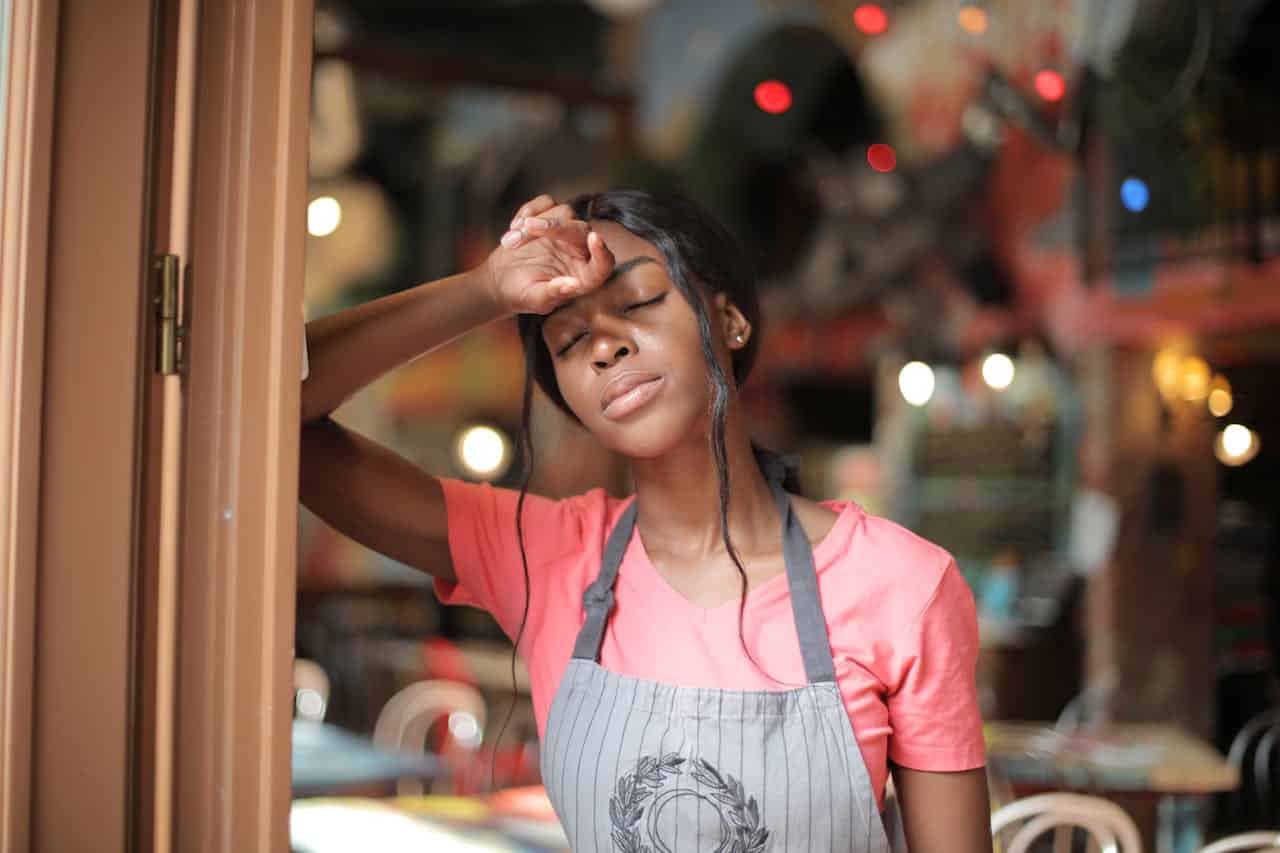When you first meet someone, you’re looking for common ground: Do you like retro art too? Are you into Indie Rock? So what do you do for a living? Ever been to Europe? Have you been hurt too? All of these questions look for one thing: common ground; a common basis on which to communicate and build trust. The pathway down Aristotle’s 3 friendship types (last post) involves uncovering more and deeper common ground. “Useful friends” thrown together by circumstance, progress to become “Pleasure friends” by sharing common ground, and become “Good friend” if they take the time and courage to find even deeper common ground.
Science tells us that it’s natural for us humans to get along and like each other.[i] But with the modern madness of screen technology and hyper-individuality, this natural process isn’t happening. Still, it can be done if you look for common ground through your words, actions and intentions. If you find common ground, then you’re more likely to make and keep a friend.
I’ve treated a lot of war veterans, particularly from Afghanistan. People fighting a common enemy, risking their lives to do an important job. The shared experience of a tour in Afghanistan becomes the common ground which is the basis of a lot of friendships. Often nothing needs to be said, two people can just understand each other and be good friends because of the shared experience. Sometimes, however, the experience can be too intense, so people go out of their way to avoid people who shared the experience. Each person is different.
ACCEPT: find Common ground with me too
The way to find Common ground is to be curious: ask questions, gently and in a non-threatening way, but ask questions, then listen. You know you’ve reached Common ground when you get to me too. With the me too experience, you can go deeper with your friend on Common ground topics such as:
I love dogs. What about you? (me too)
I hate this music. What about you? (me too)
My parents didn’t understand me. What about you? (mine neither)
These things can get quite personal; they open up your vulnerability. The me too experience helps people value each other, and themselves. It’s powerfully bonding when two people share personal topics and moments. But, keep an eye out for how your friend actually is coping. Not everybody wants to be vulnerable, and not everybody can be vulnerable. That’s OK. It takes trust. You actually need to find Common ground in level of disclosure and level of vulnerability.
In group therapy, people learn to trust each other so that it becomes safer to be more vulnerable. Then, they can share things they usually wouldn’t. Others listen, understand and accept, it can become a powerful experience:









